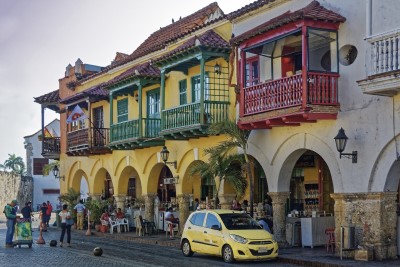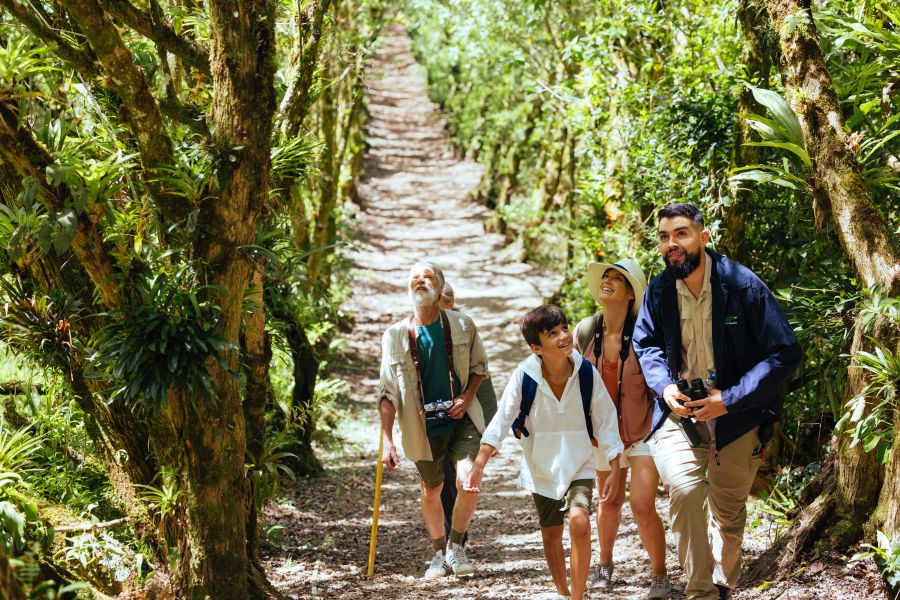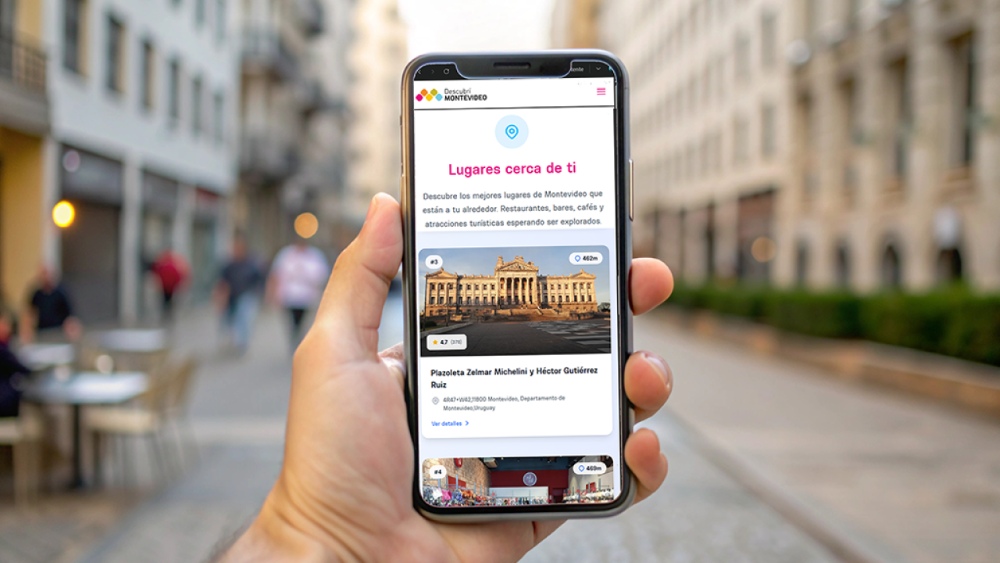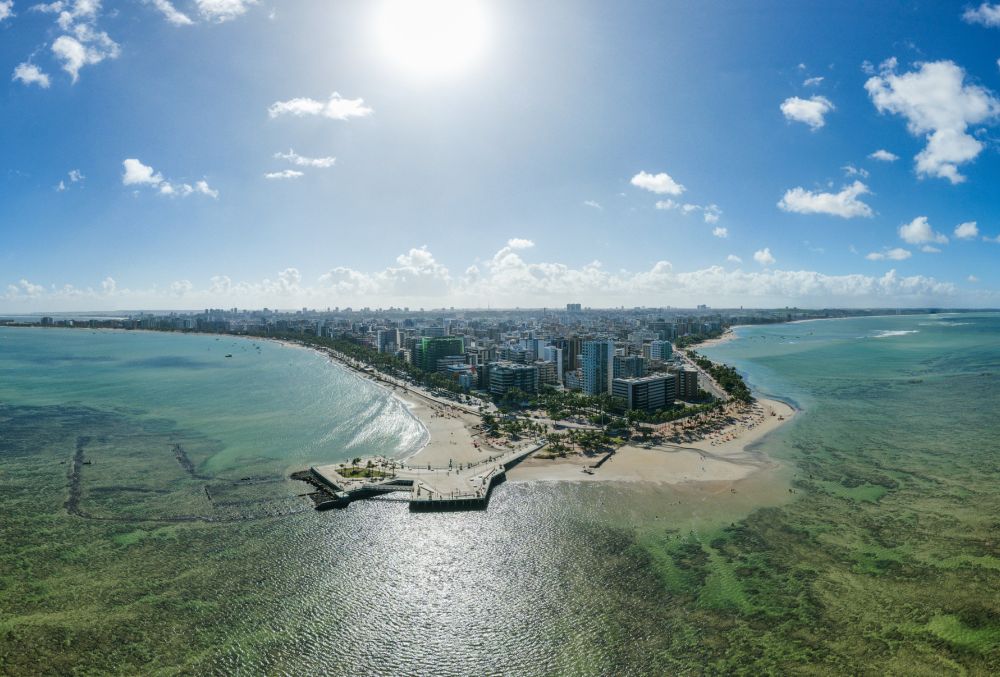Although the tourism sector has been one of the most affected by the pandemic, the president of the National Fund of Tourism in Colombia (FONTUR), Raquel Garavito, said that tourism in Colombia has recovered to 20%, after the total closure of the industry last March.
It should be recalled that the revival of tourism in Colombia began in September with the implementation of biosecurity protocols in hotels and airports throughout the country.
“Having a reactivation of 20% since September indicates that we are doing well. We had some peaks in tourism during the holiday week (in November) in cities like Cartagena de Indias and Santa Marta and we expect that by December there will be a greater mobilization of tourists,” said Raquel Garavito.
While in November Cartagena’s Rafael Núñez Airport recorded a 44% increase in passenger arrivals, with 174,929 passengers, for this last month, it is estimated that this figure will rise to 205,000 in December.
“We see that this season will be longer than last year. Normally it starts strong from December 26th, however, we are now seeing a significant peak from December 20th,” said Lisette Sprangers, manager of the AC Marriott de Santa Marta Hotel.
Similarly, the airport Ernesto Cortissoz from Santa Marta expects a 50% increase in traffic, compared to November, to reach 150,000 passengers by the end of this month.
“To return to the levels of tourism observed at the end of 2019, advances in the coronavirus vaccine are essential because they strengthen consumer confidence. The number of covid-19s is decreasing, Colombians’ confidence is increasing. The implementation of protocols has allowed people to feel safe and as long as we have confidence, we will be able to reactivate tourism more quickly”, explained the President of FONTUR.
For their part, travel agencies highlight the growth of tourism in Colombia as positive signs of recovery, since according to ProColombia, the number of active international bookings in the country for December represents a growth of 31.5% compared to November. Five countries account for 77% of reservations: the United States 54%; Chile 12.4%; Spain 4%; Mexico 3.4% and Brazil 3.3%.
“The end of the year, traditionally one of the seasons with the greatest movement of tourists, will show an important reactivation, the upcoming arrival of the covid-19 vaccine, the adoption of protocols, the promotion of our country and the diversification of the offer of travel agencies, continue to make Colombia attractive to foreign tourists,” explained Paula Cortés Calle, Executive President of ANATO.
Regarding San Andrés, which has been one of the main promoters of tourism in Colombia over the years, the arrival of the pandemic and the passage of Hurricane Iota have affected the economy and the situation of the island.
“The dependence of the local economy on tourism is 97.4%. In total, more than 20,000 people work directly or indirectly with tourism here in San Andrés”, said Sebastián Ospina, the secretary of tourism of the island.
Despite the consequences left by the storm, San Andrés is once again open to the public and the number of visitors arriving there is increasing every day, although it is still not comparable to the number of tourists arriving at the end of 2019. As an indication last November the island received a total of 25,600 visitors, while in the same month last year it received 98,000.








